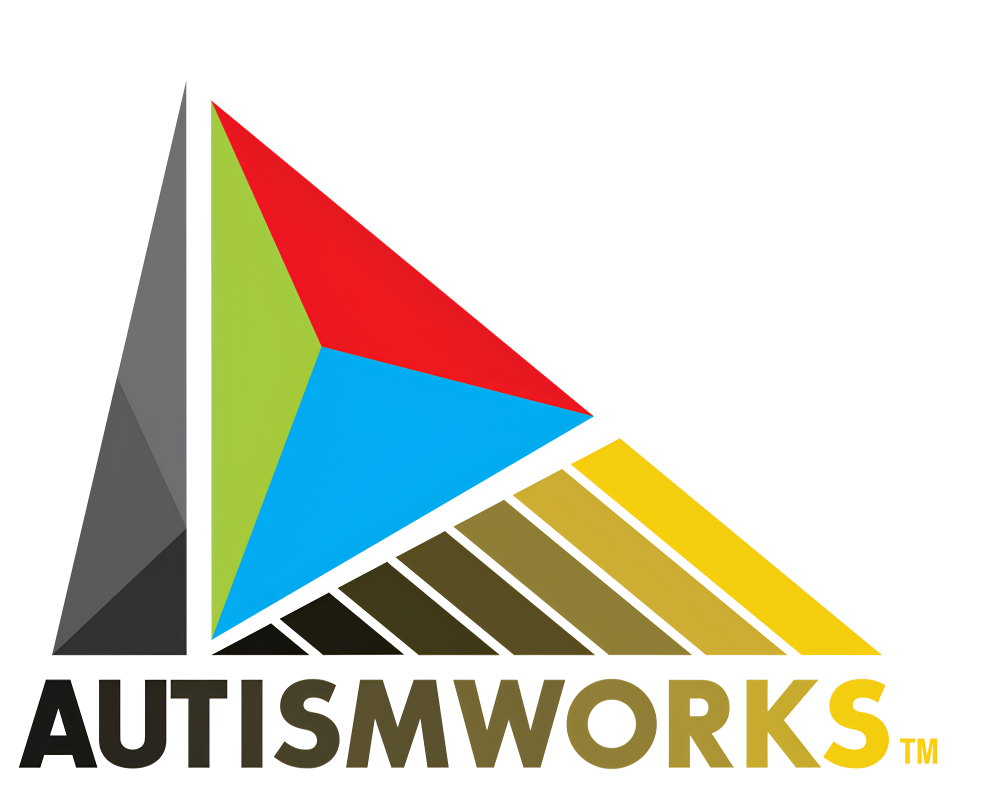Boundaries Are a Form of Kindness—To Ourselves and Others
Hello AutismWorks Community,
Coming off the excitement of the street dance, there’s something important worth talking about—something that can often go unnoticed in loud, energetic settings: personal space.
For many of us, especially those on the autism spectrum, physical boundaries matter. Sometimes, a hug or even a friendly tap on the shoulder can feel like too much. And that’s okay. Just like dancing to the beat of your own rhythm, protecting your own personal bubble is a way of expressing comfort and control.
This week, we’re diving into what it means to set boundaries, how to express them, and why respecting others’ space is just as important as protecting your own.
Everyone Has a Bubble
Some people love hugs. Some don’t.
Some are okay with a high-five but not a side hug. Others may prefer a simple wave or no contact at all.
This invisible space around us—our personal bubble—is where we feel safe. And when someone enters that space without permission, even with good intentions, it can feel overwhelming or uncomfortable.
Why Boundaries Matter in Our Community
In the AutismWorks community, we recognize that personal boundaries are deeply individual. Some of us experience sensory sensitivity that makes physical contact feel intense or even painful. For others, it’s about needing predictability or emotional safety.
Whatever the reason, boundaries are never wrong. They’re not rude. They’re simply part of how we care for ourselves—and how we learn to honor the needs of others.
Learning to Speak Up for Yourself
One of the most empowering things we can do is learn to say:
-
“No, thank you.”
-
“I’m not comfortable with hugs.”
-
“Can we wave instead?”
-
“I need a little more space.”
Sometimes this can be hard to say out loud, so using tools like social stories, bracelets, or boundary cue cards can help communicate without the pressure of speaking in the moment.
It takes strength to ask for space. And the more we practice, the more we build confidence in advocating for what we need.
Respecting the Boundaries of Others
Just as we want others to respect our space, it’s important that we also listen when someone else says “no” to a hug or steps back during a conversation.
We might not always understand why—but that’s okay. Respect doesn’t require full understanding. It simply requires care.
When someone sets a boundary, we honor it. Because healthy relationships are built on mutual respect.
At Social Events Like Dances…
Moments like the street dance are perfect opportunities to practice boundary awareness. Here’s how:
-
Ask Before Touching: Even if you’re excited, always ask first before giving a hug or taking someone’s hand.
-
Watch Body Language: If someone steps back, folds their arms, or looks uncomfortable, that’s a sign they may need space.
-
Choose Your Own Comfort Zone: You don’t have to accept hugs, handshakes, or close contact. Dance how you want, interact how you want—it’s your space to define.
A Reminder from Me
There were plenty of times I didn’t want to be touched, even if others meant well. For a while, I didn’t always know how to say that. But over time, I learned that it’s okay to set those limits. And it’s also okay to make space for others to do the same.
Boundaries protect connection. They don’t block it.
Final Thoughts
Whether it’s a school event, a party, or just everyday life, boundaries matter. They help us feel safe, respected, and in control of our own bodies and choices.
Let’s encourage one another to speak up with kindness, to listen without judgment, and to always make room for comfort and respect—one personal bubble at a time.
With encouragement and understanding,
Tyler McNamer
Founder, AutismWorks



Responses